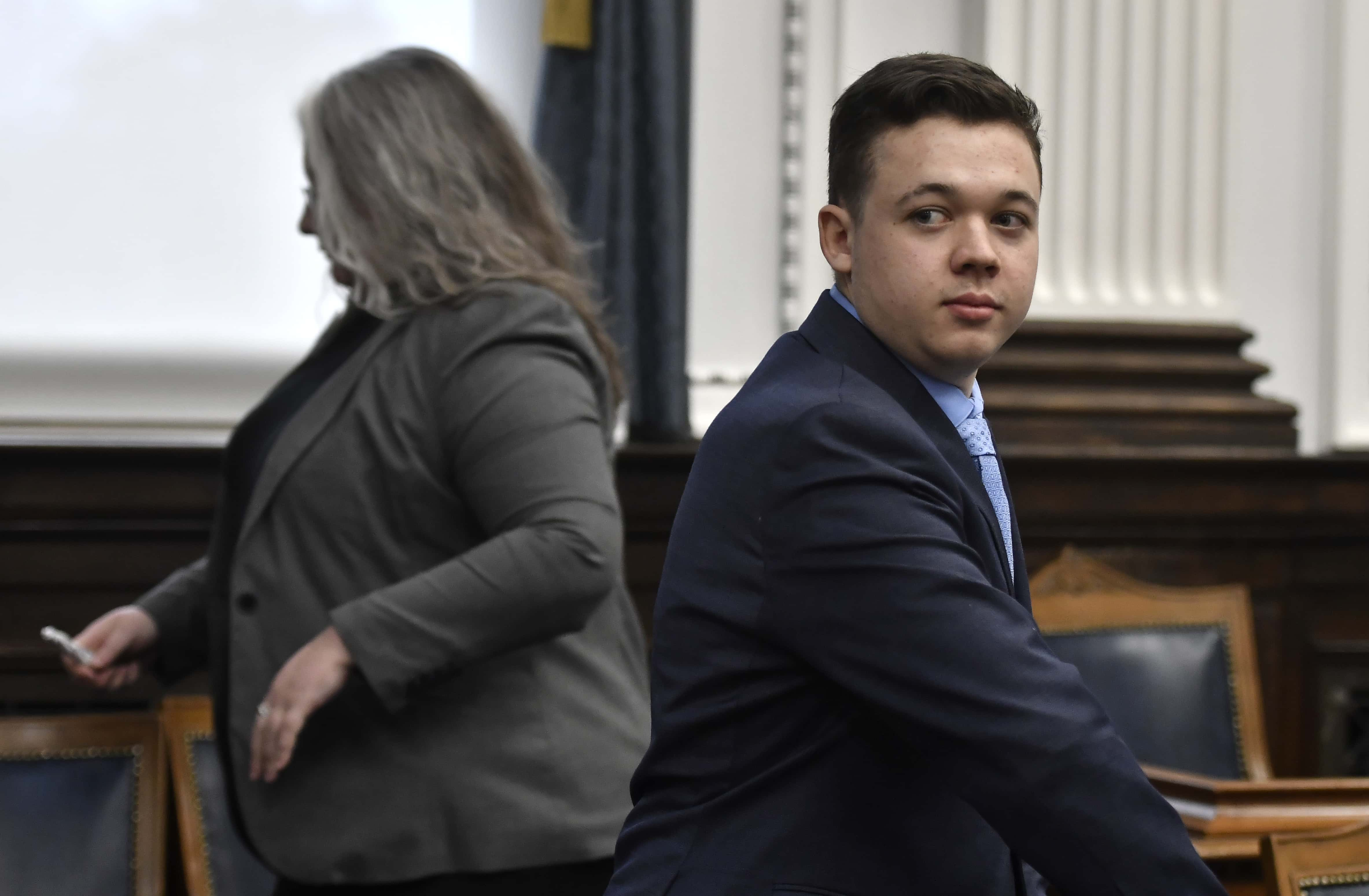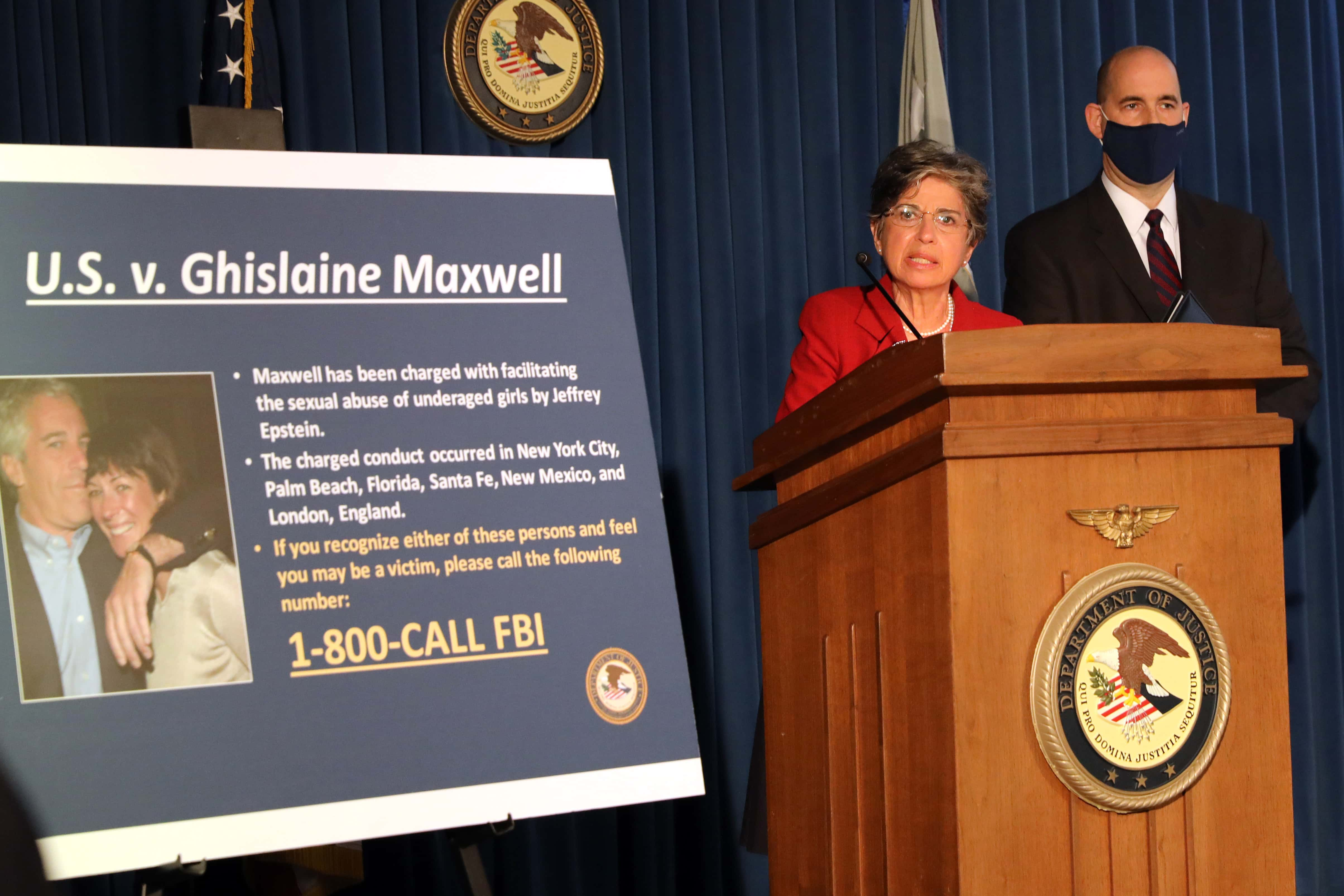Why is Ghislaine Maxwell's trial not being aired on TV like Kyle Rittenhouse?

The whole country watched Kyle Rittenhouse cry on national television and Judge Bruce Schroeder argue with prosecutor Thomas Binger. We got to see the trial in real-time, as it happened, something that won't happen in the case of Ghislaine Maxwell. The socialite and longtime girlfriend of Jeffery Epstein will be tried at the Manhattan Federal Court from November 29 on a large number of sex trafficking charges.
Despite repeated attempts, Maxwell has been denied bail and has been behind bars since July 2020. Since then, numerous stories have emerged from prison, including alleged death threats against her, and physical abuse by a guard. Amid all this, she's now preparing for intimate details of her life to come out in public, through the trial. But, we won't get to see or hear those details in real-time.
RELATED ARTICLES
Unlike the Rittenhouse trial, Maxwell's case won't be live-streamed on TV. If you want to know what happened, you'll have to wait for recordings to be officially released. Wondering why that's the case? It's because federal courts traditionally do not allow proceedings to be broadcast in real-time, because of historical precedent.

Why Maxwell's case won't be televised
Rules on coverage of trials vary greatly by state. Some state courts allow full broadcast coverage, while others do only with the consent of both parties. In the case of federal courts, policy on broadcasting is controlled by the Judicial Conference of the United States. The body has so far refused to change its stance, despite a rapid change in technology in recent years. A ban on coverage originated with the Estes v. Texas case in 1965 before the US Supreme Court reversed its stance in 1981, but the conference hasn't changed its position.
Arguments against broadcasting include it being a distraction to jurors and other trial participants, and possibly even prejudice trial outcomes. In 1991, the conference did experiment with allowing cameras for federal court cases, but it was never renewed. Since February 2021, the conference has also been experimenting with an audio live stream, involving 15 courts. The Manhattan Federal Court, in the Southern District of New York, is not a part of the pilot. So Maxwell's case won't be audio streamed either.
Right now, most states leave it up to the judges to decide whether they want cameras in the room, but that only applies to state courts. Since Rittenhouse was tried in state court, his case was permitted to be live-streamed. But given that Maxwell is being tried in federal court, her case won't. It is a position that is highly unlikely to change, given that Maxwell's case is a criminal one. Some civil cases have been live-streamed from federal court, but only a small number.

Future for federal courts
In the past, there have been numerous attempts to allow the broadcast of federal court proceedings, such as the 1991 experiment, but more often than not, campaigners have failed to get federal courts to change their stance. The Congressional Research Service did highlight the challenges in a 2019 report, concluding that it should be left to the judiciary to decide on the fate of cameras in court.
Nonetheless, Congress has also attempted to enable a more transparent judiciary, through bills like the Cameras in the Courtroom Act, Sunshine in the Courtroom Act, and Eyes on the Court Act. So far, none of these bills have been passed, so it seems federal court cases will remain out of the public eye for the time being.










